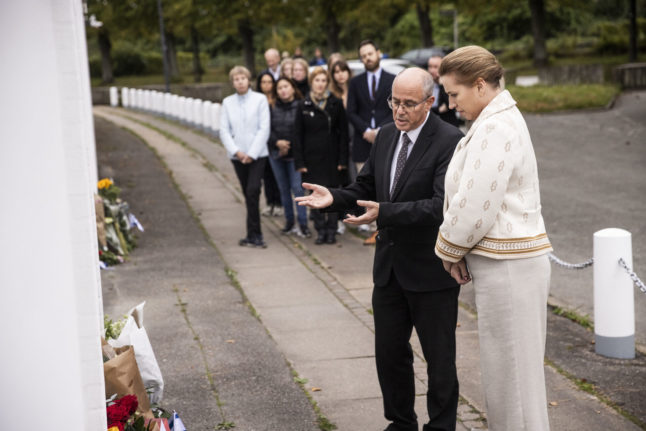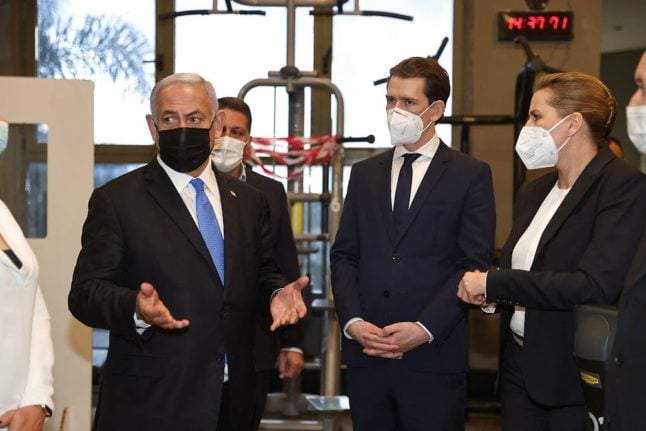Citizens of Denmark and people who reside in the Nordic country can now be evacuated, the Danish Ministry of Foreign Affairs said in a statement on Wednesday morning.
Some 1,200 people from Denmark are registered on a ministry list as being in Israel currently, with 90 in the Palestinian territories.
“The option of leaving independently still exists, but is shrinking. For example, [airline] Norwegian yesterday [Tuesday, ed.] announced that all flights to Israel will be paused until December,” the ministry said in the statement.
“The government will therefore offer evacuation from Israel and Palestine to Danish citizens,” it said.
The offer applies to all people who legally reside in Denmark, including citizens of other countries.
Evacuation will begin in the coming days with special flights to be arranged to transport people out of the region.
“Evacuation is subject to payment and on a voluntary basis,” the ministry said.
People who wish to be evacuated should contact the public service desk at the foreign ministry, Udenrigsministeriets Borgerservice.
Over 1,000 people have lost their lives in Israel due to attacks since Saturday by militant Palestinian organisation Hamas, Israel’s embassy in the United States said.
Health authorities in Palestinian territory Gaza stated on Tuesday that 830 Palestinians have died in the attacks carried out by Israel in response.
Danish Prime Minister Mette Frederiksen met on Tuesday with Israel’s ambassador David Akov at the Israeli embassy to lay a flowers for the hundreds who have died in Israel.
Frederiksen called Hamas’ attack on Israel “terrorism and the worst kind of attack on human rights”.



 Please whitelist us to continue reading.
Please whitelist us to continue reading.
Member comments